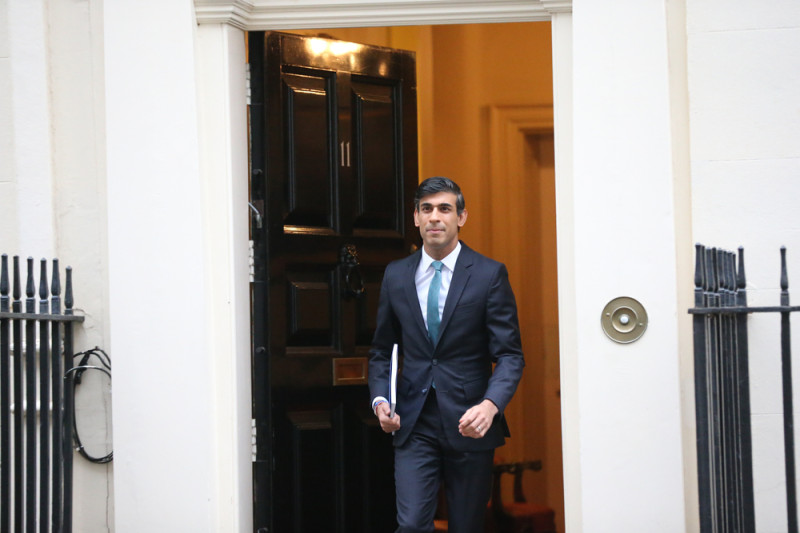Spring Statement 2022

The 2022 Spring Statement came against a challenging backdrop for the Chancellor. Just hours before delivering his statement, it was announced that inflation had hit 6.2% in the year to February, and could hit 8.7% by the end of 2022, leaving Britain facing a substantial cost of living crisis, and the biggest drop in living standards in over 60 years. Given this forecast, Rishi Sunak looked to provide some positive news for business and individuals alike.
Taxation
The Chancellor set out what he called a “principled approach to cutting taxes”, including some of the following measures:
- The Government has cut 5p per litre from Fuel Duty until March 2023, a move which has already come into effect as of 6pm last night. It remains to be seen whether retailers pass this saving onto consumers, given that oil prices continue to rise.
- The Employment Allowance, which allows eligible small businesses to reduce their National Insurance payments, will increase from £4,000 to £5,000 per annum.
- The threshold where individuals start paying National Insurance will rise to £12,570 in July (the same starting point as for income tax). The Government has said this equates to a £330 saving per year. However, the planned rise of 1.25% to the rate of National Insurance was also confirmed to be going ahead. This means that anyone earning above £12,570 will not gain the full benefit of this stated £330 saving, and anyone earning above roughly £37,500 will still end up paying more National Insurance.
- Income Tax will also be reduced by 1p to 19p in the pound, but no definitive date for this was given, only that this would be by the end of this Parliament in May 2024.
Energy
Consumers are already facing up to a 54% increase in energy bills from 1 April when the new price cap begins. The Chancellor therefore announced a planned VAT cut from 5% to 0% on energy efficient products installed by homeowners, such as solar panels, insulation and heat pumps, to combat these rising costs.
However, these are typically long-term investments, and not immediate cost saving measures. Cornwall Insight predict energy prices could rise by a further 27% in October, with the OBR predicting as high as 40%, meaning energy costs may continue to rise in the immediate future.
What could be the effect on the cost of living?
Despite these announcements, the cost of living remains a concern. Potential increases in income, such as the increase to the national living wage (£8.91 to £9.50 for a worker aged 23 or over), are expected to be outstripped by inflation. This led to the IFS commenting that once all expected changes in earnings, tax reforms and energy measures come into effect, a medium earner on £27,500 per year could expect to be £360 worse off.
The effect on businesses
The reality is that with less household funds, there will be less for consumers to spend in businesses around the country. Some businesses may therefore have been surprised not by what was in the Spring Statement, but what was not:
- There were some business-centric policies (such as the changes to the Employment Allowance, and certain green technologies being exempt from business rates).
- Some measures, such as the 50% business rate cut for retail, hospitality and leisure properties were also confirmed.
- However, many measures were industry specific, and may be offset by others – the VAT rate cut to 12.5% for the hospitality sector for example, was not extended.
Most of the announcements were not focused on driving consumers into businesses, perhaps in part due to the current high rates of inflation. The focus of this Spring Statement therefore appears to be less about assisting businesses across the board with rising costs, and declining consumer spending power, and more about helping individuals with their overall living costs.
Summary
Overall, whilst in principle the measures are likely to be welcomed, there remain many questions given the forecasts for inflation and the cost of living over the remainder of the year. It remains to be seen how effective the Chancellor’s measures will be, and there may be a way to go before the rising costs facing consumers and businesses are eased.
If you need advice on or have any questions about how these developments might apply to you, contact our Commercial Team by email or by calling 01603 610911. To keep up to date with the ongoing news, make sure to follow the Leathes Prior Social Pages (LinkedIn, Twitter, Facebook).”


